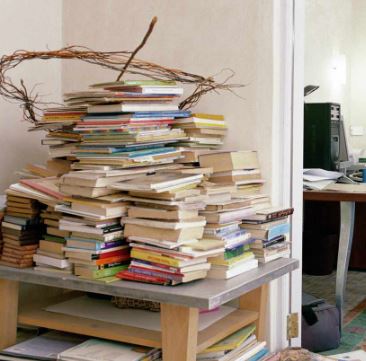
What's the Most Effective Way to Declutter
Home Improvement
If you're feeling overwhelmed by the clutter in your life, it's time to take action. Remember, a tidy space equals a tidy mind! In this article, we'll dive into the psychology behind effective decluttering and provide practical strategies to help you whip your home into shape. From organizing tips to maintaining a clutter-free lifestyle, we've got you covered. Get ready to reclaim your space and create a safe haven that promotes productivity and peace of mind. Let's get started!
Key Takeaways
- Emotional attachment influences our decision to keep or let go of belongings.
- Clearing out unnecessary items reduces distractions.
- Physical clutter leads to mental clutter and overwhelm.
- Assess if each item brings value or joy to your life.
The Psychology Behind Effective Decluttering
Understanding the psychology behind effective decluttering can help you make more informed decisions about what to keep and what to let go. When it comes to decluttering, emotional attachment plays a significant role. Many of our belongings hold sentimental value, reminding us of cherished memories or loved ones. However, it's important to remember that we are not defined by our possessions. By acknowledging the emotional attachment but also recognizing that memories live within us rather than in objects, we can free ourselves from unnecessary clutter.
In addition to emotional attachment, there are cognitive benefits to decluttering as well. Physical clutter can lead to mental clutter and overwhelm. Clearing out unnecessary items creates a sense of order and promotes mental clarity. It allows your brain to focus on what truly matters in your life and reduces distractions.
Practical Strategies for Decluttering Your Home
Start by breaking down your home into smaller sections and tackling one area at a time. This approach will help you stay focused and prevent overwhelm. When it comes to decluttering, minimalism and organization techniques can be incredibly effective. Here are some practical strategies to help you on your journey:
- Sort items into three categories: keep, donate/sell, and toss.
- Ask yourself if each item brings value or joy to your life.
-
Be honest with yourself about what you truly need versus what you're holding onto out of habit or sentimentality.
-
Create designated spaces for each category of items.
- Use storage containers, bins, or shelves to keep things organized.
- Label everything clearly to make finding things easier.
Maintaining a Clutter-Free Life: Tips and Tricks
To maintain a clutter-free life, you should establish daily habits and routines that help you stay organized and prevent clutter from accumulating. Living a minimalist lifestyle can be liberating, but it requires effort and commitment. Start by decluttering your home using practical strategies we discussed earlier. Once you have achieved a clutter-free space, it's important to maintain it. Incorporate organizing hacks into your daily routine to make tidying up easier and more efficient. For example, designate specific places for items like keys, wallets, and phones so you always know where to find them. Implement a regular cleaning schedule to keep surfaces clear of dust and dirt. And remember, consistency is key! By following these tips and tricks, you can enjoy the benefits of a clutter-free and organized life while feeling safe in your own space.